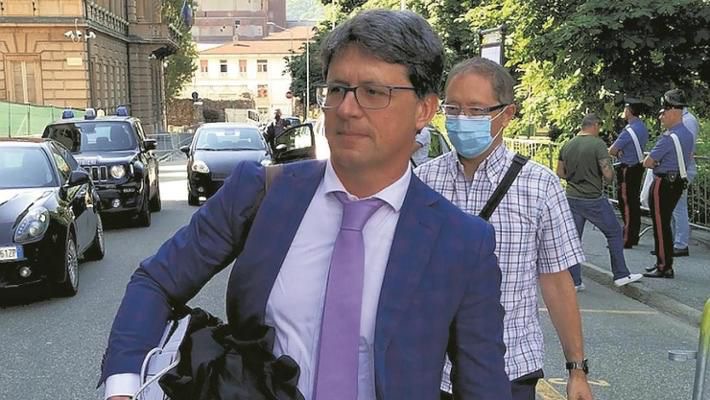The Eppo and the Law
A step forward in integrationThird cycle of the module 2024 The Eppo and the Law

Here you will find all the information about our third THE EPPO AND THE LAW module, 2024 edition.
- Supported by the European Parliament
- Accredited by the Milan Bar Association and by the NationalBar Council.
- Accredited by chartered accountants.
- Inserted in high school students activities within the context of PCTO and the NRRP (National Recovery and Resilience Plan).
The PCTO project (commonly known as school-work alternance) is an educational method designed to allow high school students to combine the mostly theoretical scholastic education with a practical work experience within a private or public entity. PCTO implies periods of professional formation in enterprises or other activities that may strengthen the students’ integration into the labour market (i.e. orientation days, meetings with companies and professionals, internships, research, project work etc.). The alternance has been made mandatory since 2015.
Topics of Third cycle of the module 2024
Nessun risultato
La pagina richiesta non è stata trovata. Affina la tua ricerca, o utilizza la barra di navigazione qui sopra per trovare il post.
Activities

Interview with Dott. Stefano Castellani – European Delegated Prosecutor (Turin)
Author: Aleksandra Lombardo and Costanza De Caro Committee: Interviews Committee Date: 9/02/2025 The establishment of the European Public Prosecutor’s Office (EPPO) marks a significant milestone in the fight against transnational financial crime. In this interview,...

Indagine UE su Mafia e Frode IVA: 43 Arresti e 520 Milioni di Euro Congelati
Author: Nadia Mangiardi Fontana Committee: National Institutions Committee Date: 07/02/2025 Un’importante indagine condotta dall’European Public Prosecutor’s Office (EPPO), con il supporto delle forze di polizia italiane e di altri paesi europei, ha portato a 43...

Steppo Present at the Inauguration of the Judicial Year 2025
Author: Avv. Federico Iacopo Mamoli Committee: Criminal Lawyers Committee Date: 06/02/2025 The Judicial Year 2025 was inaugurated on 24 January 2025 at the Corte di Cassazione in Rome and on 25 January at the 26 Court of Appeal sites. This event marked an important...

EPPO E DIRITTO UE: UN PASSO AVANTI NELL’INTEGRAZIONE
TEMA 1 – LA STRADA PER EPPO 24 febbraio 2025 | 16:30-18:30 | Dipartimento di giurisprudenza: aula U6-05. Da remoto: link su https://www.steppo-eulaw.com/ CONFERENZA DI APERTURA: L'EPPO COME PASSO AVANTI NELL'INTEGRAZIONE Partecipano: Costanza Honorati (tbc);...

Funded by the European Union. Views and opinions expressed are however those of the author(s) only and do not necessarily reflect those of the European Union or the European Education and Culture Executive Agency (EACEA). Neither the European Union nor EACEA can be held responsible for them.
